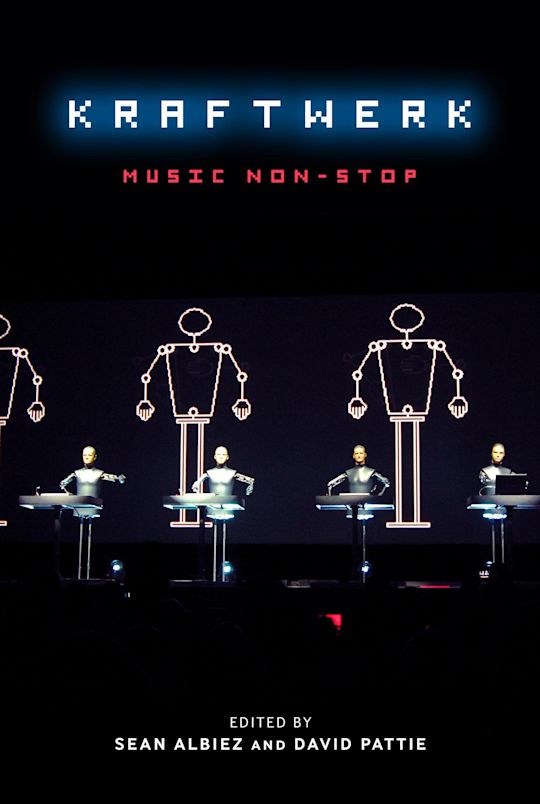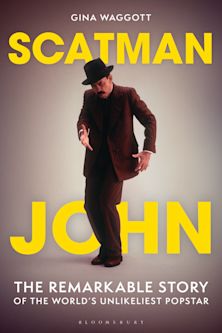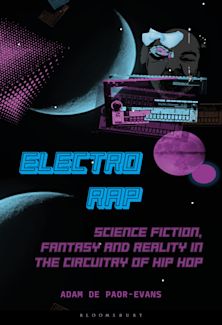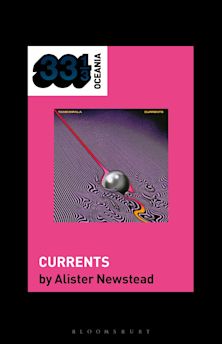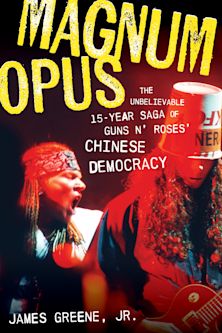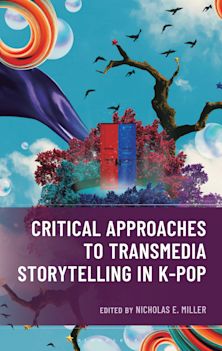- Home
- ACADEMIC
- Music & Sound Studies
- Popular Music
- Kraftwerk
This product is usually dispatched within 10-14 days
- Delivery and returns info
-
Free UK delivery on orders £30 or over
You must sign in to add this item to your wishlist. Please sign in or create an account
Description
When they were creating and releasing their most influential albums in the mid to late 1970s, Kraftwerk were far from the musical mainstream - and yet it is impossible now to imagine the history of popular music without them. Today, Kraftwerk are considered to be an essential part of pop's DNA, alongside artists like the Beatles, the Velvet Underground, and Little Richard.
Kraftwerk's immediate influence might have been on a generation of synth-based bands (Orchestral Manoeuvres in the Dark, the Human League, Depeche Mode, Yello, et al), but their influence on the emerging dance culture in urban America has proved longer lasting and more decisive.
This collection of original essays looks at Kraftwerk - their legacy and influence - from a variety of angles, and demonstrates persuasively and coherently that however you choose to define their art, it's impossible to underestimate the ways in which it predicted and shaped the future.
Table of Contents
Preface
Introduction: The (Ger)man Machines
David Pattie
I. Music, Technology and Culture
1. Autobahn and Heimatklänge: Soundtracking the FRG
Sean Albiez and Kyrre Tromm Lindvig
2. Kraftwerk and the Image of the Modern
David Cunningham
3. Kraftwerk - The Decline of the Pop Star
Pertti Grönholm
4. Authentic Replicants: Brothers between Decades between Kraftwerk(s)
Simon Piasecki and Robert Wilsmore
5. Kraftwerk: Technology and Composition
Carsten Brocker (Translated by Michael Patterson)
6. Kraftwerk: Playing the Machines
David Pattie
II. Influences and Legacies
7. Europe Non- Stop: West Germany, Britain and the Rise of
Synthpop 1975-81
Sean Albiez
8. Vorsprung durch Technik - Kraft werk and the British Fixation
with Germany
Richard Witts
9. 'Dragged into the Dance' - The Role of Kraftwerk in the
Development of Electro- Funk
Joseph Toltz
10. Average White Band: Kraftwerk and the Politics of Race
Mark Duffett
11. Trans-Europa Express: Tracing the Trance Machine
Hillegonda Rietveld
Discography
Index
Product details
| Published | 20 Jan 2011 |
|---|---|
| Format | Hardback |
| Edition | 1st |
| Extent | 256 |
| ISBN | 9781441165077 |
| Imprint | Continuum |
| Dimensions | Not specified |
| Publisher | Bloomsbury Publishing |
About the contributors
Reviews
-
"No one but C-3PO makes love to Kraftwerk. No one liked them much to begin with - certainly not in Germany.Yet they eventually managed to attract sufficient critical mass to create a new star. And everyone else found themselves firmly in orbit.This book of original essays scrutinises their cultural influence from all angles. Here, Kraftwerk are cast as Cousins of Iggy Pop, Duchamp, Gilbert and George, Heirs to Hitler, Stockhausen, Gropius and The Beach Boys. Brothers of Beuys and Bambaataa, Kin to Kiefer, Godfathers of British Pop, Uncles of Rave, Midwives of Detroit Techno, Sperm Donors of Dance - as mysterious and potent as the monoliths in 2001, as daft as Punk, as indispensible to understanding modern culture as Musclebuilding, Warhol, or Strictly Ballroom.If this book were a film, it would move from macro to micro every scene, if it were a meal it would be prepared by Heston Blumenthal. It's a mutation waltz, a stumble rumba, a nimble mambo, a complex minuet - and proof that cultural critics can dance." - John Foxx, synthpop pioneer and multi-media artist
-
"Overall, one comes away from Kraftwerk: Music Non-Stop with the impression of Hutter, Schneider and co creating a multifaceted oeuvre on a par with that of Andy Warhol's, a brief phase from either's artistic corpus capable of generating an entire career for lesser talents."-The Wire
-
'It is refreshing to encounter Kraftwerk: Music Non-Stop, a new collection of academic essays on the band, which spurns fashion and firmly returns the emphasis to ideas. Editors Sean Albiez and David Pattie have assembled a compendium of rigorously argued and illuminating discussions of the band, one that more than compensates for the shallower latter-day ramifications of what Alex Seago termed in 2004 the "Kraftwerk-Effekt".'
The Oxonian Review









